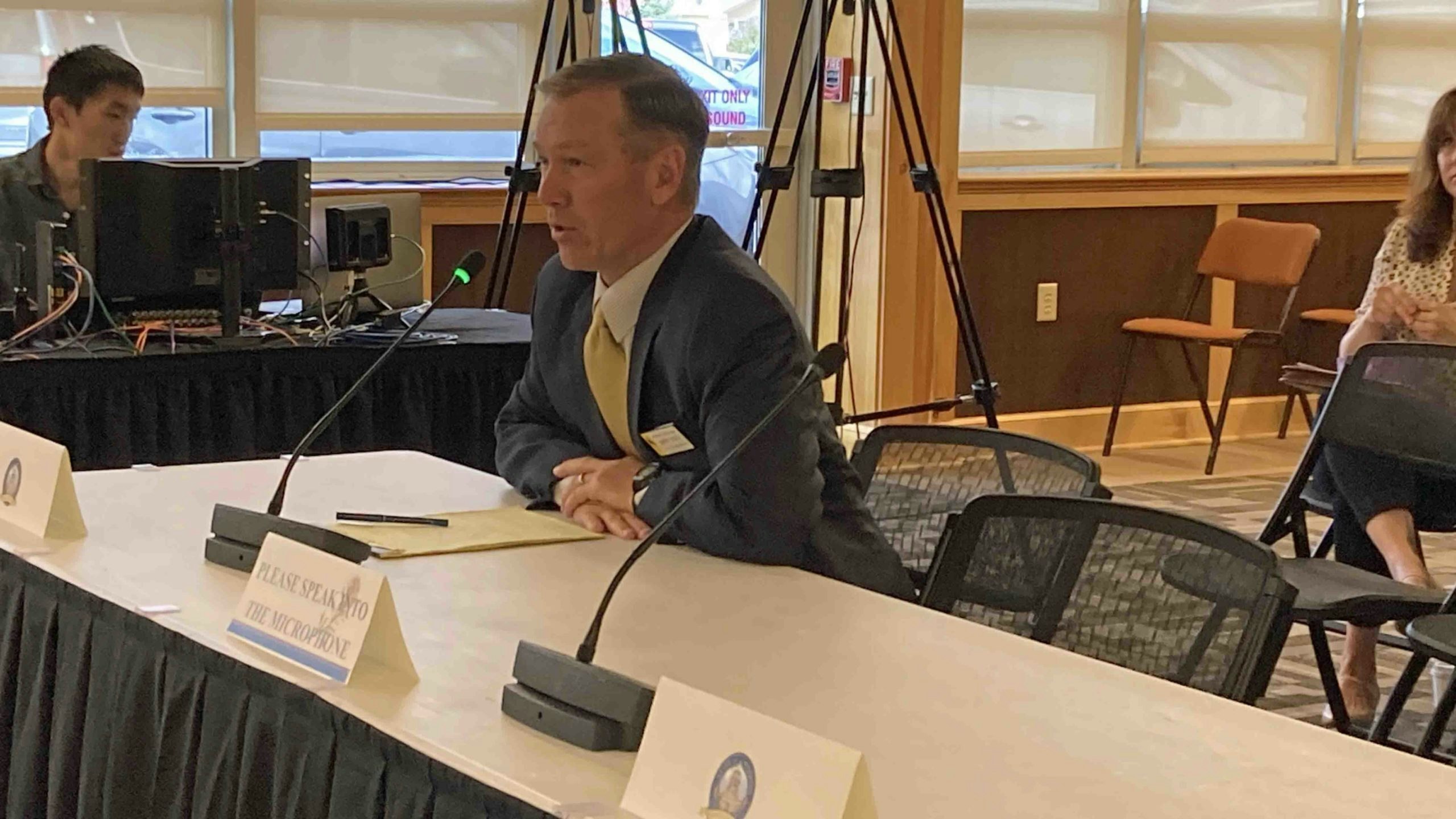A legislative committee on Monday revived a bill giving the Wyoming Game and Fish Department the ability to cite people passing through private property to hunt or fish on public land beyond it.
However, the bill is not intended to stop individuals from crossing over corners between public and private land to access the public land, its sponsor said.
“This is not a corner crossing bill,” sponsor Rep. Barry Crago, R-Buffalo, said during a Monday meeting of the Wyoming Legislature’s Joint Judiciary Committee in Lander.
Crago referenced House Bill 103, which he had brought to the state’s budget session in February but which, he said, was rejected before sufficient time could be devoted to its proper development.
Crago said the bill clarifies a Game and Fish Department statute forbidding people from entering private land without the permission of the owner for hunting, fishing or antler-gathering. The bill would allow the Game and Fish Department to cite people for passing through private property during those activities.
Different sheriffs read the current statute in different ways, said Crago, adding that he hoped to merely clarify the statute “so it’s enforced equally throughout the state.”
He also said he wants the bill to emphasize that an offense occurs only if there’s actual contact with the private land. For example, vaulting over a sliver of land or coasting down a river between two private banks would not be illegal under the bill.
Tim Cotton, an attorney who spoke publicly against the bill, said he hoped to see more provisions protecting unknowing offenders. He also said he disagreed with giving Game and Fish Department staff more authority because they aren’t governed by local elected officials, as sheriff’s offices are.
“Oftentimes (WGF) are poor custodians of the discretionary role,” said Cotton, adding that by having “an unaccountable, unelected Game and Fish Department enforcing (expanded laws) — we’ll run into issues on that.”
Nick Dobric, of Theodore Roosevelt Conservation Partnership, offered a joint solution: require state entities to disclose locations of public easements using a public mapping system.
That way people have ways of knowing whether they’re trespassing by using someone’s road, he said.
There is legislation that recently passed Congress, Dobric said, that would compel federal entities to publicize their mapping and access data for recreational purposes as well.
The committee voted unanimously to develop Crago’s bill further.





